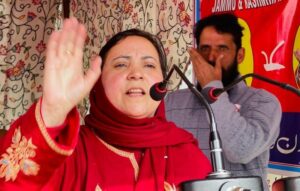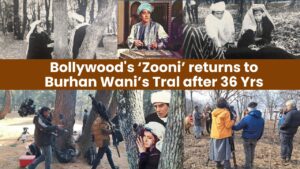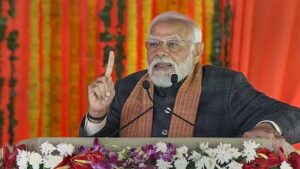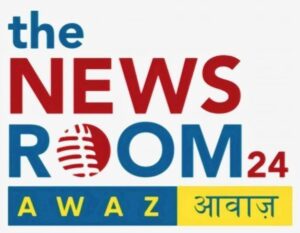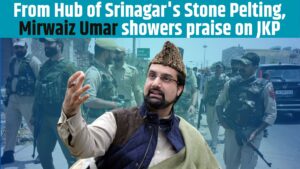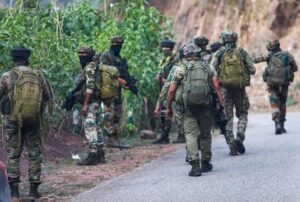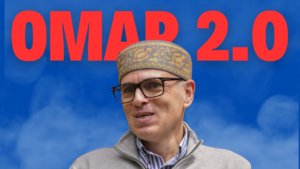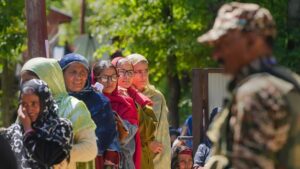NC MLA Javid Baig seeks action against officers who failed PM’s commitment
JAMMU, MAR 05: The issue of the failure of the Jammu and Kashmir authorities to work on the Prime Minister Narendra Modi’s commitment of renovation of a government school in Kathua district in the last two years figured in the Legislative Assembly on the second consecutive day on Wednesday as the National Conference MLA from Baramulla Javid Hassan Baig demanded action against the guilty officers.
Speaking during the motion of thanks on the Lieutenant Governor’s address, Javid Baig said it was surprising that the Union Territory authorities had failed to even implement the personal commitment of the country’s Prime Minister. He suggested the government identify the guilty officers and initiate action against them.
In response to the MLA’s demand, Minister of Education Sakeena Itoo assured the House that the PM’s promise to a Kathua schoolgirl would be soon implemented in letter and spirit.
On Tuesday, NC’s associate member and independent MLA from Bani, Dr Rameshwar Singh had pointed out while speaking on the LG’s address that the renovation of the school, with the provision of bathrooms, had not been done despite instructions from the highest authorities.
The issue resulted in brief verbal sparring between the ruling members and the opposition BJP.
“The way the administration is functioning in Jammu and Kashmir is the worst. I have seen it. God forbid, please do not show me such a time again. Forget about us, they have not even listened to the prime minister and the lieutenant governor,” MLA of Bani said in the Assembly. He cited the example of a minor girl, who had raised concerns about the lack of a school building in her area.
“A minor girl raised her voice demanding the construction of a school building. It reached the prime minister,” he said.
He said Prime Minister Modi had acknowledged it in his ‘Mann Ki Baat’ programme and promised that a school would be built.
“The prime minister promised that the school will be constructed. After hearing him, the entire administration rushed to the area with a promise to build a school there. Even after two years, that school is still a distant dream. It has not been constructed yet,” he said.
Taking a dig at the administration, he said, “If the administration can ignore a promise made by the prime minister himself, what hope does the common man have?”
The National Conference leader’s remarks led to a heated exchange in the Jammu and Kashmir Assembly, with the BJP members challenging him on what his own party had achieved in the past four months.
“At the very least, you should have honoured the prime minister’s promise by constructing just a single room. If you couldn’t, rest assured it will be built under our rule,” the MLA said in a sharp counterattack.
As the House concluded for the day, the chief minister and others patted MLA Bani.
A class 3 student Seerat Naaz had urged Prime Minister Modi in a video message in April 2023 to ensure basic facilities at her school in Kathua district.
The schoolgirl, hailing from Lohai-Malhar village of Kathua district, was unhappy with her dilapidated school building and made a video that was shared on social media and subsequently it went viral.
Speaking about the dilapidated condition of the school, Naaz said the students are forced to sit on dirty floors, which often stain their uniforms. She also highlighted the poor condition of the toilets, problems of open defecation and the unfinished construction work of the building.
A project worth Rs 91 lakh was sanctioned to repair the school on modern lines, but the work was stalled by the contractor due to some administrative approval issues.

